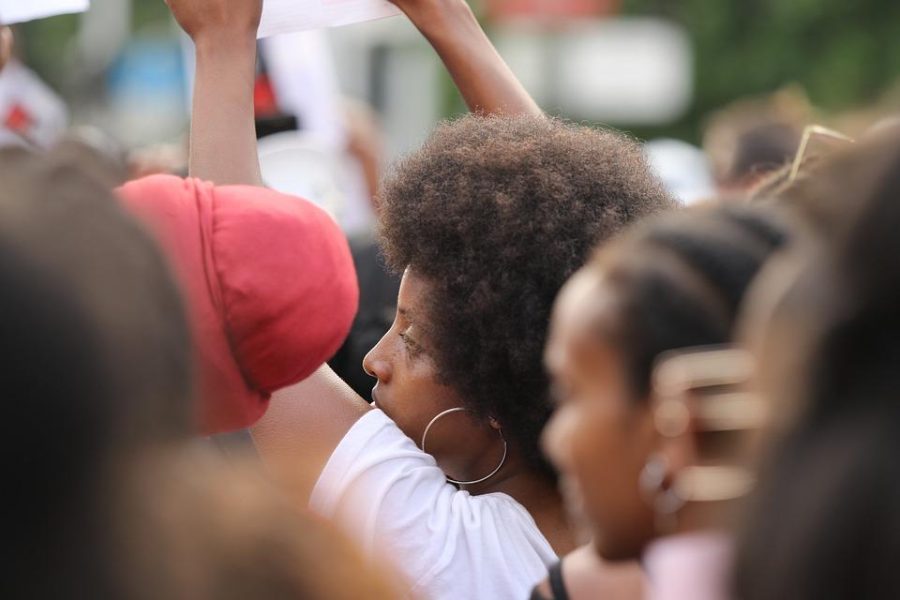Florida NAACP fights Gov. Ron DeSantis with travel advisory plan
March 24, 2023
Florida Gov. Ron DeSantis has continuously sparked controversy with his influence on the state, and it has now led the Florida chapter of the National Association for the Advancement of Colored People (NAACP) to make a hefty request: avoid the state entirely.
People of color have felt violated by DeSantis’ actions for months, with some of the most noteworthy headlines surrounding his suppression of African-American studies and history. Therefore, the NAACP’s proposed travel advisory is not a move made out of political spite, but out of both genuine concern and the feeling of wrongdoing.
The strategy behind establishing travel advisories is to protest a particular cause with hopes of posing as a social and/or economic threat large enough to inspire change. If the movement manages to grow larger and result in a visible “boycott,” the state government in question might turn its head. This could especially take a toll on a state like Florida, as it relies on a great deal of profits from tourism.
Hillsborough County NAACP President Yvette Lewis is one of many that has wholeheartedly endorsed this practice. In a statement to the Tampa Bay Times, Lewis spoke on what the support behind the calls for an advisory has meant to both her and the Florida NAACP as a whole, along with what it could mean going forward.
“We are an organization that protects people’s civil rights, and this is a first step to doing that,” Lewis said. “People are seeing what’s happening in Florida. They’re paying attention, and I hope that help is coming.”
This conversation has picked up more and more speed as Florida’s limitations have grown stricter and stricter, with news of the NAACP’s actions spreading at the same time as multiple controversies, including one involving late civil rights figure Rosa Parks.
Parks, her iconic encounter on a Montgomery bus and the role that her skin color played in it have been the subjects of several news pieces as of late due to how the Florida government has prevented her story from being shared in educational environments. She serves as just one example of the ignored legacies that the NAACP is trying to preserve.
Lewis views this level of suppression as strangely similar to how slaves were kept from learning about themselves and the rest of the world.
“When slaves tried to educate themselves, they were beaten,” Lewis said. “When they tried to learn to read, they were killed for having books. I have to relate this back because this is how I feel.”
The movement is now in the hands of the NAACP national board, which will regroup in May. If the board successfully pushes it on, Gov. DeSantis will be all the more obligated to address the situation with vigilance. So far, he has simply deemed it a “joke.”


